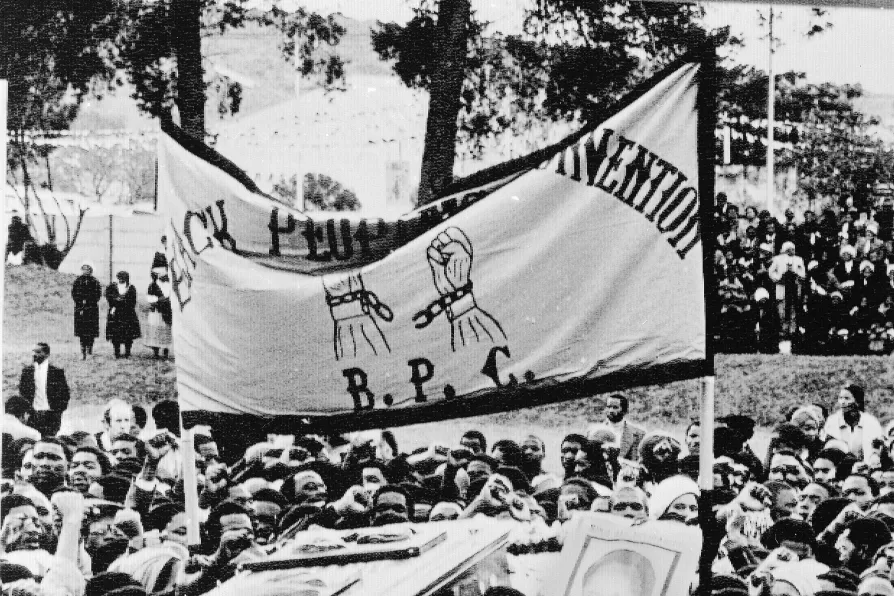Error message
An error occurred while searching, try again later.
 The coffin of Steve Biko is carried through a crowd of mourners into Victoria Rugby Stadium at King Williams Town, South Africa, September 25, 1977
The coffin of Steve Biko is carried through a crowd of mourners into Victoria Rugby Stadium at King Williams Town, South Africa, September 25, 1977
SOUTH AFRICA will open a new inquest into the 1977 death in police custody of iconic anti-apartheid figure Steve Biko, state prosecutors said on Wednesday.
The inquest will be officially registered in court on Friday, the anniversary of Mr Biko’s death nearly a half-century ago.
South African authorities have recently opened new inquests for other anti-apartheid leaders and activists who died in police custody or in suspicious circumstances during the brutal system of racial segregation, although they’ve been criticised for waiting so long to do so.
They include the 1967 death of Nobel Peace Prize winner Albert Luthuli, the 1981 killing of lawyer Griffiths Mxenge and the 1985 killings of a group of activists known as the Cradock Four.
Mr Biko was at the forefront of the Black Consciousness Movement that emerged in South Africa in the 1960s in opposition to apartheid.
He was arrested by apartheid security forces in August 1977 near the town of Grahamstown on the south coast. He was beaten and tortured while kept shackled and naked at a police station and later the local police headquarters by the notorious police Special Branch.
On September 11 1977, after more than 20 days in custody, he was loaded unconscious into a police vehicle and driven more than 621 miles to a prison hospital in Pretoria, where he died still naked and shackled the following day in a cell.
The cause of death was recorded as brain injuries and kidney failure. An inquest later that year found that Mr Biko banged his head against the wall in a scuffle with police officers.
Dozens of activists died in police custody during apartheid and inquests at the time generally exonerated the security forces of any blame.
After apartheid officially ended in 1994, the country’s Truth and Reconciliation Commission attempted to investigate and expose the crimes of apartheid.
But hardly any of those implicated in killings and other crimes were actually prosecuted.










